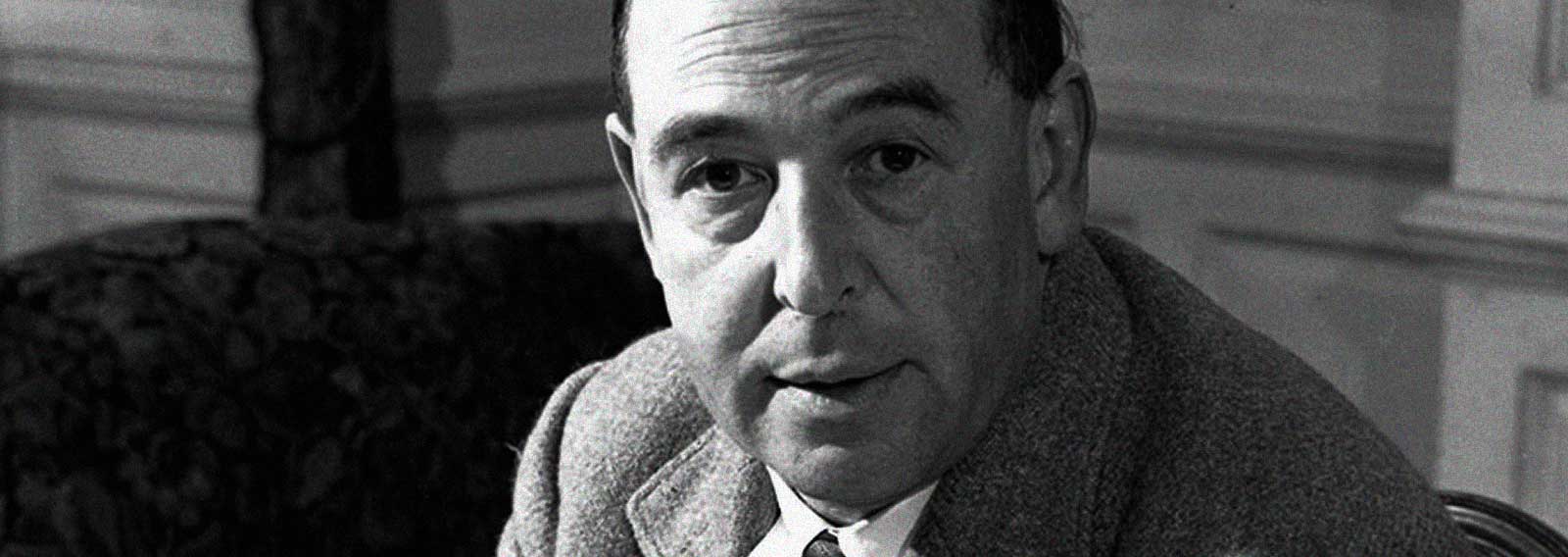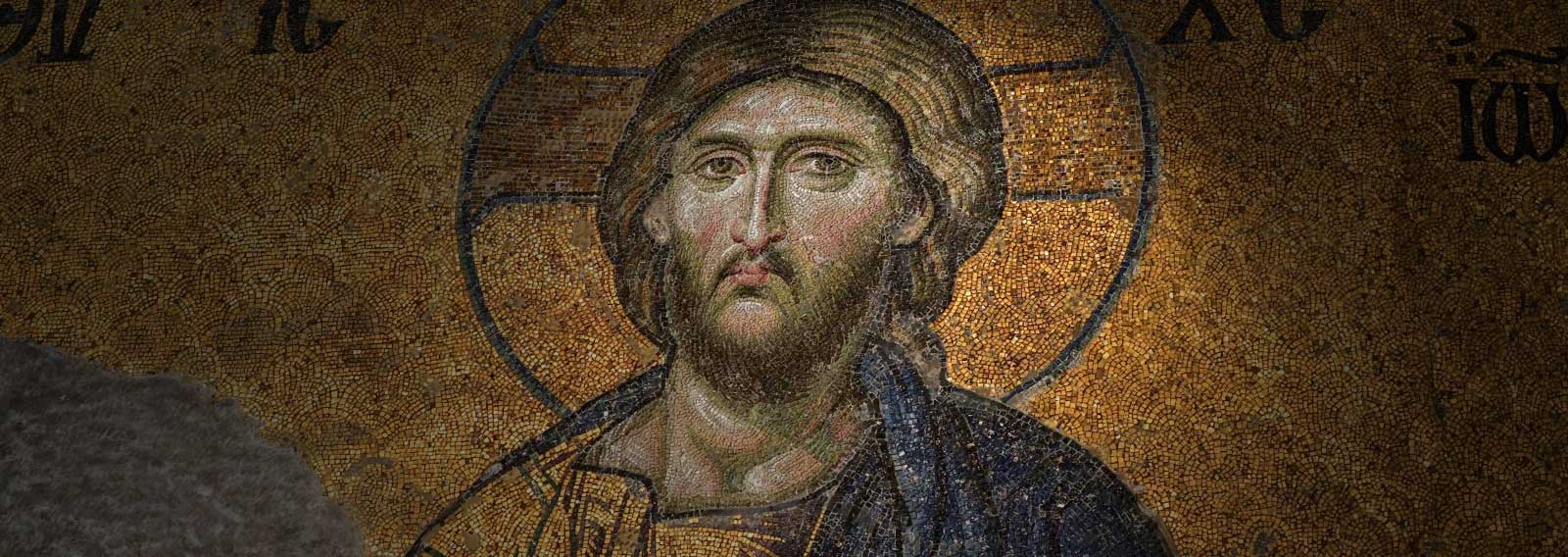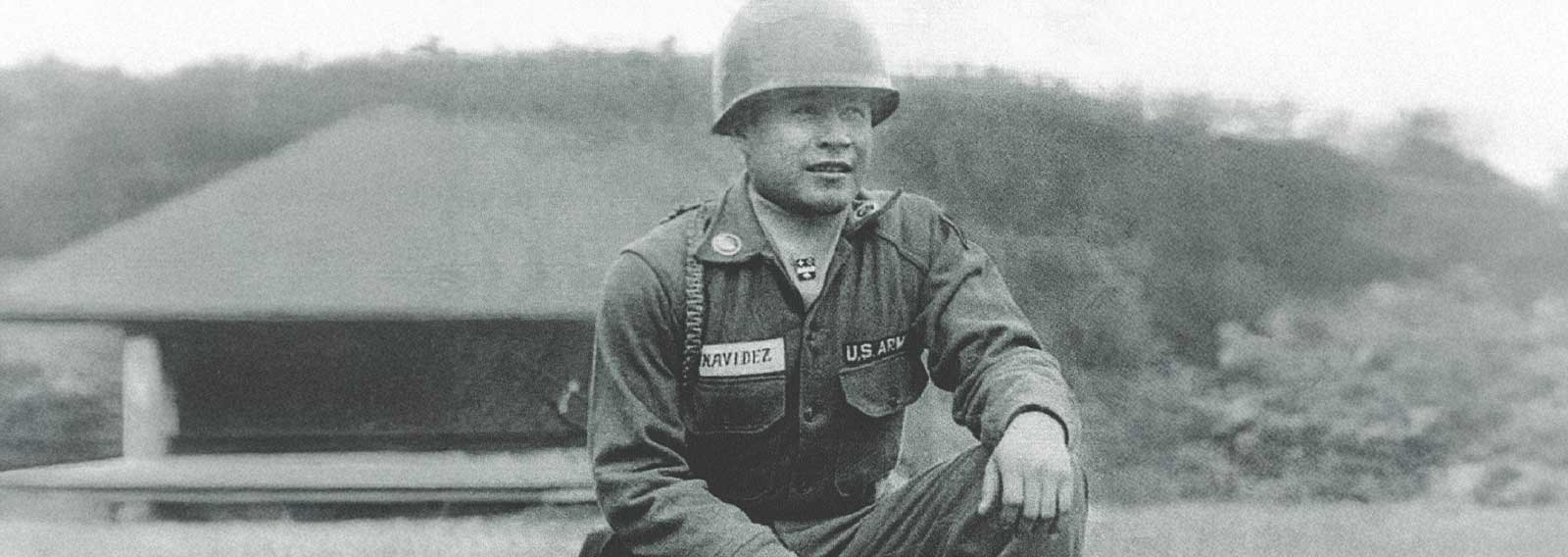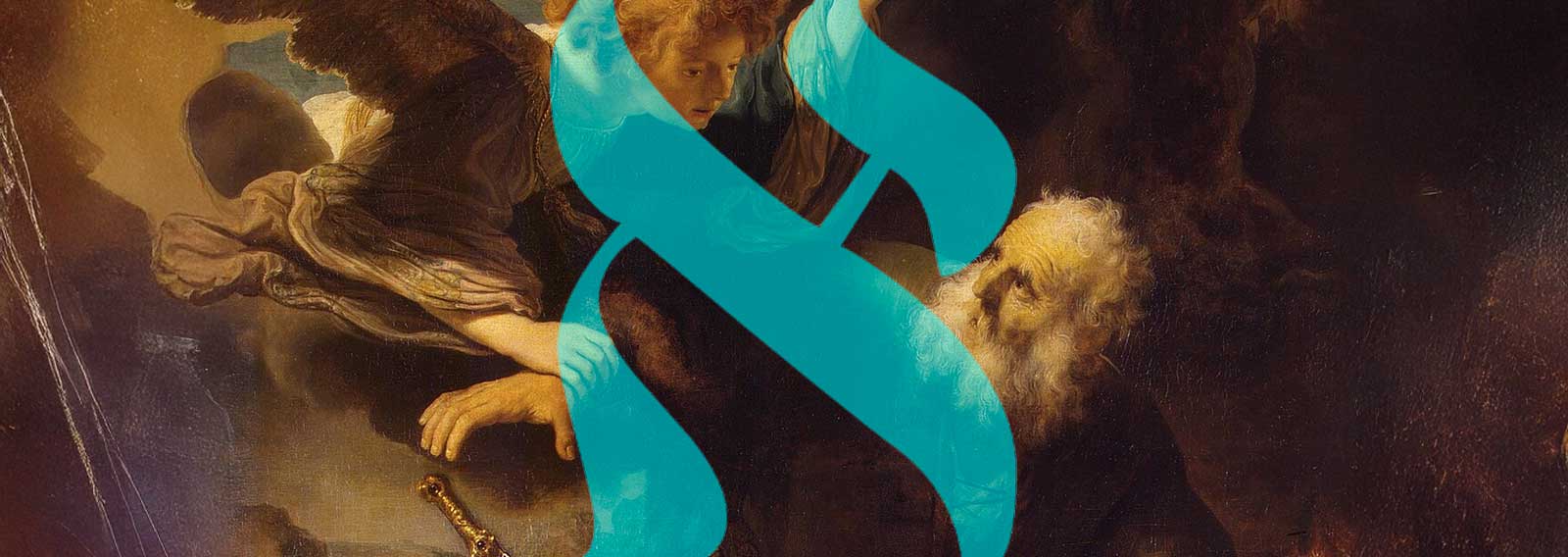He told us so. He tried to warn us. He sounded the alarm 80 years ago. Back in 1943, Lewis gave three extremely important lectures which were published four years later in the form of The Abolition of Man, yet most folks took no notice. Indeed, as Michael Ward reminds us (see my reading list below), Lewis said a decade later that it “has been almost totally ignored by the public.”
That is to our shame. While it may be his most philosophical work, it is also among his most prophetic. He sought to rouse a sleeping public of the very real dangers that lay ahead. But too many slept through the roars of his powerful sirens. But now we can no longer dismiss nor ignore what he had to say.
After what we went through over the past few years with the covid craziness, government and media-led hysteria and panic porn, the lockdown madness, and the healthcare tyranny in place, we now can see clearly just the sorts of things he was warning about. Political leaders and medical elites decided that fostering a herd mentality was far more important than achieving any sort of herd immunity – and it worked like a charm.
So we need to go back to his prophetic warnings and treat them with the dignity they deserve. But it was not just in this one volume that he had acted as a watchman on the wall. He of course warned us in a more graphic fashion in his third and final volume of his space trilogy. Those wanting to see how all this plays out in fiction should revisit his That Hideous Strength which appeared in 1946. See more on this here.
Earlier I offered a number of key quotes from The Abolition of Man, but I was disappointed not to be able to get in all the gems that I had wanted, thus this follow-up article. As I mentioned yesterday, the slim volume contains three chapters based on three lectures he had given. They are titled: “Men Without Chests;” “The Way;” and “The Abolition of Man.”
While I quoted from all three chapters in my previous piece, here I just want to quote further from the final chapter. Again, the page numbering comes from the 1947 (1965) Macmillian edition.
“I am only making clear what Man’s conquest of Nature really means and especially that final stage in the conquest, which, perhaps, is not far off. The final stage is come when Man by eugenics, by pre-natal conditioning, and by an education and propaganda based on a perfect applied psychology, has obtained full control over himself. Human nature will be the last part of Nature to surrender to Man. The battle will then be won. We shall have ‘taken the thread of life out of the hand of Clotho’ and be henceforth free to make our species whatever we wish it to be. The battle will indeed be won. But who, precisely, will have won it?
“For the power of Man to make himself what he pleases means, as we have seen, the power of some men to make other men what they please. In all ages, no doubt, nurture and instruction have, in some sense, attempted to exercise this power. But the situation to which we must look forward will be novel in two respects. In the first place, the power will be enormously increased. Hitherto the plans of educationalists have achieved very little of what they attempted and indeed, when we read them—how Plato would have every infant, a bastard nursed in a bureau”, and Elyot would have the boy see no men before the age of seven and, after that, no women and how Locke wants children to have leaky shoes and no turn for poetry—we may well thank the beneficent obstinacy of real mothers, real nurses, and (above all) real children for preserving the human race in such sanity as it still possesses. But the man-moulders of the new age will be armed with the powers of an omnicompetent state and an irresistible scientific technique: we shall get at last a race of conditioners who really can cut out all posterity in what shape they please. The second difference is even more important. In the older systems both the kind of man the teachers wished to produce and their motives for producing him were prescribed by the Tao—a norm to which the teachers themselves were subject and from which they claimed no liberty to depart. They did not cut men to some pattern they had chosen. They handed on what they had received: they initiated the young neophyte into the mystery of humanity which over-arched him and them alike. It was but old birds teaching young birds to fly. This will be changed. Values are now mere natural phenomena. Judgements of value are to be produced in the pupil as part of the conditioning. Whatever Tao there is will be the product, not the motive, of education. The conditioners have been emancipated from all that. It is one more part of Nature which they have conquered. The ultimate springs of human action are no longer, for them, something given. They have surrendered—like electricity: it is the function of the Conditioners to control, not to obey them. They know how to produce conscience and decide what kind of conscience they will produce. They themselves are outside, above. For we are assuming the last stage of Man’s struggle with Nature. The final victory has been won. Human nature has been conquered—and, of course, has conquered, in whatever sense those words may now bear.”
pp. 72-74
Lewis continues:
“[C]ritics may ask, ‘Why should you suppose they will be such bad men?’ But I am not supposing them to be bad men. They are, rather, not men (in the old sense) at all. They are, if you like, men who have sacrificed their own share in traditional humanity in order to devote themselves to the task of deciding what ‘Humanity’ shall henceforth mean. ‘Good’ and ‘bad’, applied to them, are words without content: for it is from them that the content of these words is henceforward to be derived. Nor is their difficulty factitious. We might suppose that it was possible to say ‘After all, most of us want more or less the same things—food and drink and sexual intercourse, amusement, art, science, and the longest possible life for individuals and for the species. Let them simply say, This is what we happen to like, and go on to condition men in the way most likely to produce it. Where’s the trouble?’ But this will not answer. In the first place, it is false that we all really like the same things. But even if we did, what motive is to impel the Conditioners to scorn delights and live laborious days in order that we, and posterity, may have what we like? Their duty?…
“It is not that they are bad men. They are not men at all. Stepping outside the Tao, they have stepped into the void. Nor are their subjects necessarily unhappy men. They are not men at all: they are artefacts. Man’s final conquest has proved to be the abolition of Man. Yet the Conditioners will act….” pp. 76-77
And one more:
“I am very doubtful whether history shows us one example of a man who, having stepped outside traditional morality and attained power, has used that power benevolently. I am inclined to think that the Conditioners will hate the conditioned. Though regarding as an illusion the artificial conscience which they produce in us their subjects, they will yet perceive that it creates in us an illusion of meaning for our lives which compares favourably with the futility of their own: and they will envy us as eunuchs envy men. But I do not insist on this, for it is a mere conjecture. What is not conjecture is that our hope even of a ‘conditioned’ happiness rests on what is ordinarily called ‘chance’—the chance that benevolent impulses may on the whole predominate in our Conditioners. For without the judgement ‘Benevolence is good’—that is, without re-entering the Tao—they can have no ground for promoting or stabilizing these impulses rather than any others. By the logic of their position they must just take their impulses as they come, from chance. And Chance here means Nature. It is from heredity, digestion, the weather, and the association of ideas, that the motives of the Conditioners will spring. Their extreme rationalism, by ‘seeing through’ all ‘rational’ motives, leaves them creatures of wholly irrational behaviour. If you will not obey the Tao, or else commit suicide, obedience to impulse (and therefore, in the long run, to mere ‘nature’) is the only course left open.
“At the moment, then, of Man’s victory over Nature, we find the whole human race subjected to some individual men, and those individuals subjected to that in themselves which is purely ‘natural’—to their irrational impulses. Nature, untrammelled by values, rules the Conditioners and, through them, all humanity. Man’s conquest of Nature turns out, in the moment of its consummation, to be Nature’s conquest of Man. Every victory we seemed to win has led us, step by step, to this conclusion. All Nature’s apparent reverses have been but tactical withdrawals. We thought we were beating her back when she was luring us on.”
p. 78-80
Recommended Reading
Aeschliman, Michael, The Restitution of Man: C. S. Lewis and the Case against Scientism. Eerdmans, 1983, 1998.
Boone, Mark and Kevin Neece, eds., Science Fiction and The Abolition of Man: Finding C. S. Lewis in Sci-Fi Film and Television. Pickwick, 2017.
Kreeft, Peter, C. S. Lewis for the Third Millennium. Ignatius Press, 1994.
Mosteller, Timothy and Gayne John Anacker, ed., Contemporary Perspectives on C. S. Lewis’ ‘The Abolition of Man’: History, Philosophy, Education, and Science. Bloomsbury Academic, 2017.
Ward, Michael, After Humanity: A Guide to C. S. Lewis’s The Abolition of Man. Word on Fire Academic, 2021.
Williams, Donald, Mere Humanity: G. K. Chesterton, C. S. Lewis, and J. R. R. Tolkien on the Human Condition. B&H, 2006.
I review the volume by Kreeft here.
























